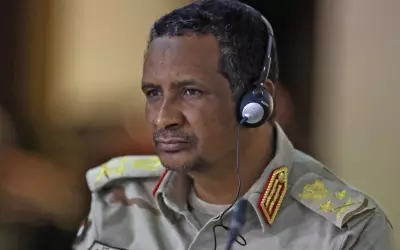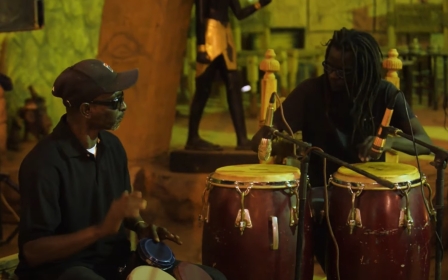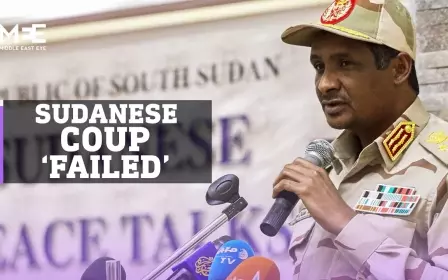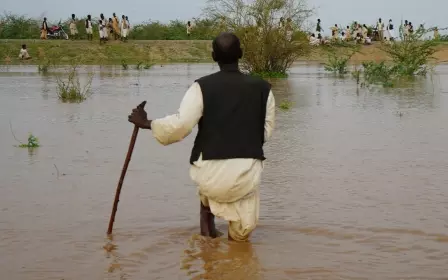Sudan: Journalists form first democratically elected union in decades
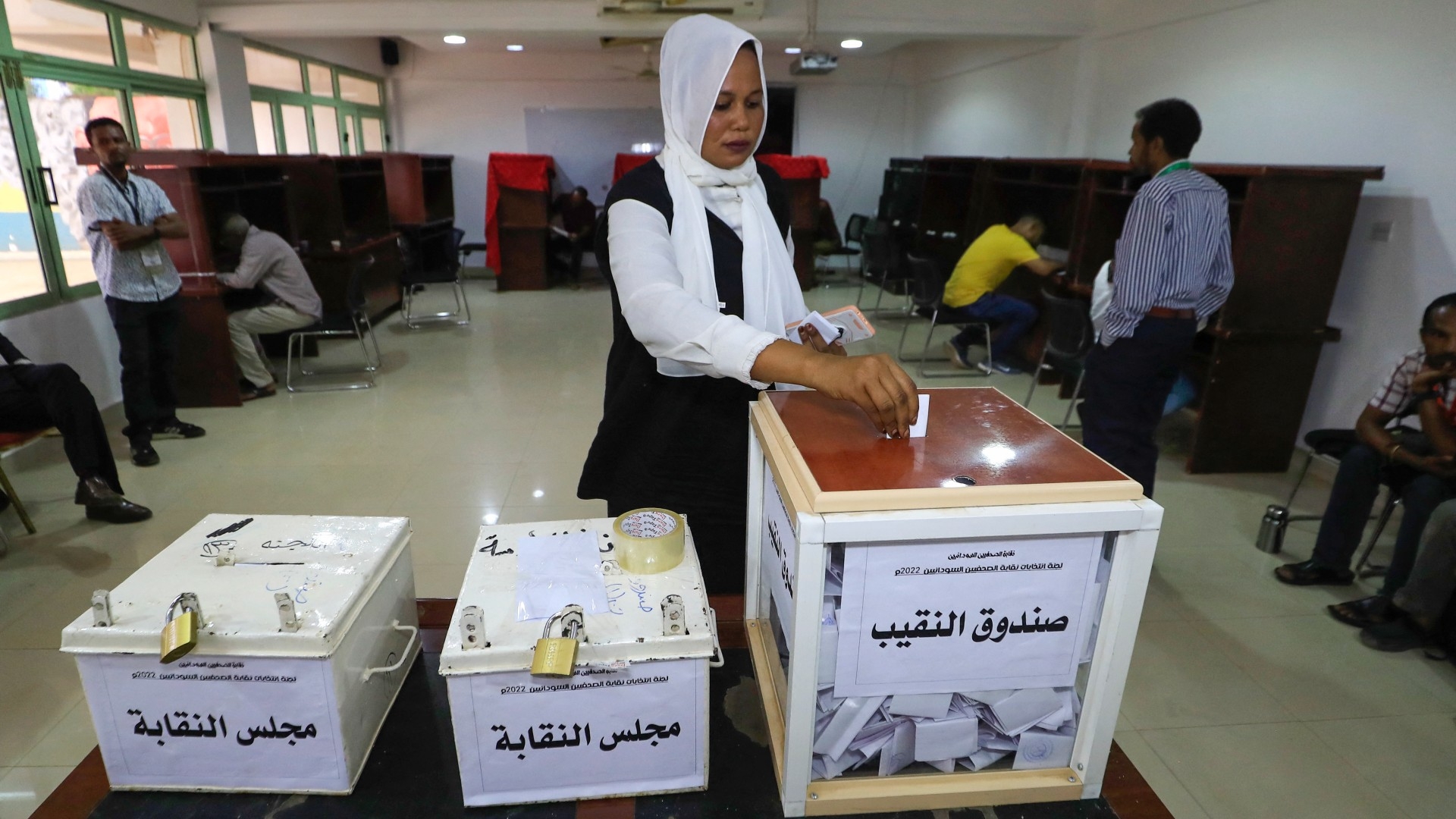
Sudanese journalists have created an independent union, the first of its kind in the country for more than three decades.
Campaigners said the move was an important step towards re-establishing freedoms after the country's military coup last October.
The union consists of 1,164 members, of whom 659 took part in a vote on Sunday to elect its leadership.
"The victory is to regain our syndicate after more than 30 years in order to defend the freedom and professionalism of the press," journalist Waleed Alnour told Reuters.
Under the three-decade rule of former president Omar al-Bashir, who was toppled in the country's 2019 revolution, unions were often packed with members friendly to the government.
New MEE newsletter: Jerusalem Dispatch
Sign up to get the latest insights and analysis on Israel-Palestine, alongside Turkey Unpacked and other MEE newsletters
Shadow unions that sprang up in opposition to Bashir were instrumental in his overthrow.
Journalists aligned with Bashir attempted to stop Sunday's syndicate election, raising a legal complaint that it could not replace the pre-existing union under the former ruler.
But the vote was "executed in a completely democratic way... smoothly and with a high turnout and excitement among the journalists," according to election committee head Faisal Mohamed Salih.
Coup failure
Salih was information minister in the civilian-led government that emerged following the 2019 uprising, until the coup last year ended a power-sharing arrangement between civilians and the military.
Abdelmoniem Abu Idrees, a journalist for the AFP news wire, was elected head of the syndicate.
Sunday's election has laid "the groundwork for one of our uprising's core demands, and that is democracy," the Bahari resistance committee, a leading group protesting against the coup, said in a statement.
Earlier this month, General Mohamed Hamdan Daglo, widely known as Hemeti and one of the leaders of last year's coup, said the military takeover had failed to bring about change and the country had become worse.
Near-weekly anti-coup protests have been held across Sudan, and demonstrators have been met with violent crackdowns, which have killed at least 114 people since October.
Middle East Eye delivers independent and unrivalled coverage and analysis of the Middle East, North Africa and beyond. To learn more about republishing this content and the associated fees, please fill out this form. More about MEE can be found here.


